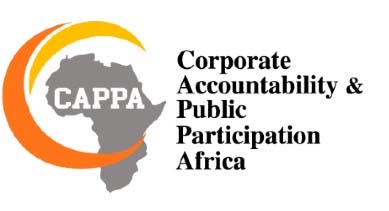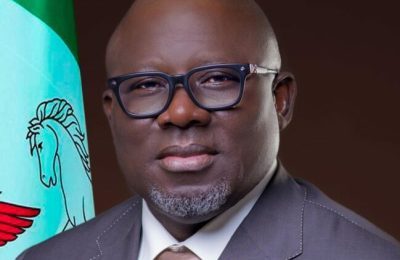The Corporate Accountability and Public Participation Africa (CAPPA) has expressed worry about reports that suggest that about 3.5 million or more Nigerian youths may not be able to vote during the general elections due to tertiary institutions’ academic calendars for the 2022/2023 session.
In a statement made available to Nigerian Tribune, CAPPA’s position is hinged on media reports indicating that most tertiary institutions that have resumed after the prolonged strike by the Academic Staff Union of Universities (ASUU) will continue academic activities during the February 2023 elections and will only shut down in March 2023 after the polls.
The Independent National Electoral Commission (INEC) revealed last October that 7.2 million new voters or 76.5 per cent are young people between the ages of 18 to 34 years. Of these, 3.8 million or 40.8 per cent are students.

According to the statement issued in Lagos, CAPPA said that the determination of the tertiary institutions to proceed with normal academic activities during the elections would constitute a violation of the rights of students to participate in the election processes as guaranteed in the 1999 Constitution as amended.
The CAPPA statement reads: “It will be unfortunate that after the gruesome exercise of registering and collecting their PVCs, many Nigerian students in higher learning institutions across the country will miss the opportunity to cast their votes”
“While we acknowledge the impact of the prolonged strike by members of ASUU on the academic calendars of many higher learning institutions across the country, and the pressure therefore by teaching authorities to cover lost grounds – prompting school authorities to schedule exams and important classes on the week and eve of election days, we insist that students must be allowed to exercise their civic responsibility to vote, as education and democracy are closely connected.
“This is particularly important given the fact that students make up 40% of newly registered voters for this year’s polls as stated by the Chairman of the INEC, Mahmood Yakubu. These young persons, aged between 18-34 are the future of our country and their voices must be heard in the electoral and political process otherwise we risk them becoming disillusioned with an economic and political system that hails them as the leaders of tomorrow but only in words and not in action.

“We hereby call on the management of all tertiary institutions across the country to grant a leave of absence to students who wish to exercise their right to vote in the upcoming elections. This leave of absence should be granted to students upon application and should not negatively impact their academic performance or standing.
“We also urge school authorities to ensure that the process of applying for and being granted this leave of absence is as smooth and efficient as possible. In addition, we call on the Federal Ministry of Education to issue an advisory to all higher learning institutions, reminding them of the importance of student participation in the electoral process and encouraging them to facilitate this participation in any way possible.
“It is crucial to state that the logistical challenges that students and other voters may face as we head to the polls stem from the inadequate infrastructure of our electoral system. As such, INEC must step up its processes to ensure that every eligible voter in Nigeria has an equal chance to make their voices heard during elections.
“We call on INEC to not only take all necessary measures to break down barriers in Nigeria’s electioneering processes but to also revolutionize future electoral programming by implementing electronic voting as outlined in Section 41(1) of the Electoral Act, 2022. This would boost accessibility, inclusion, and empower all eligible voters, including Nigerians in the diaspora, to seize their democratic rights and shape the future of our nation,” the statement concluded.






